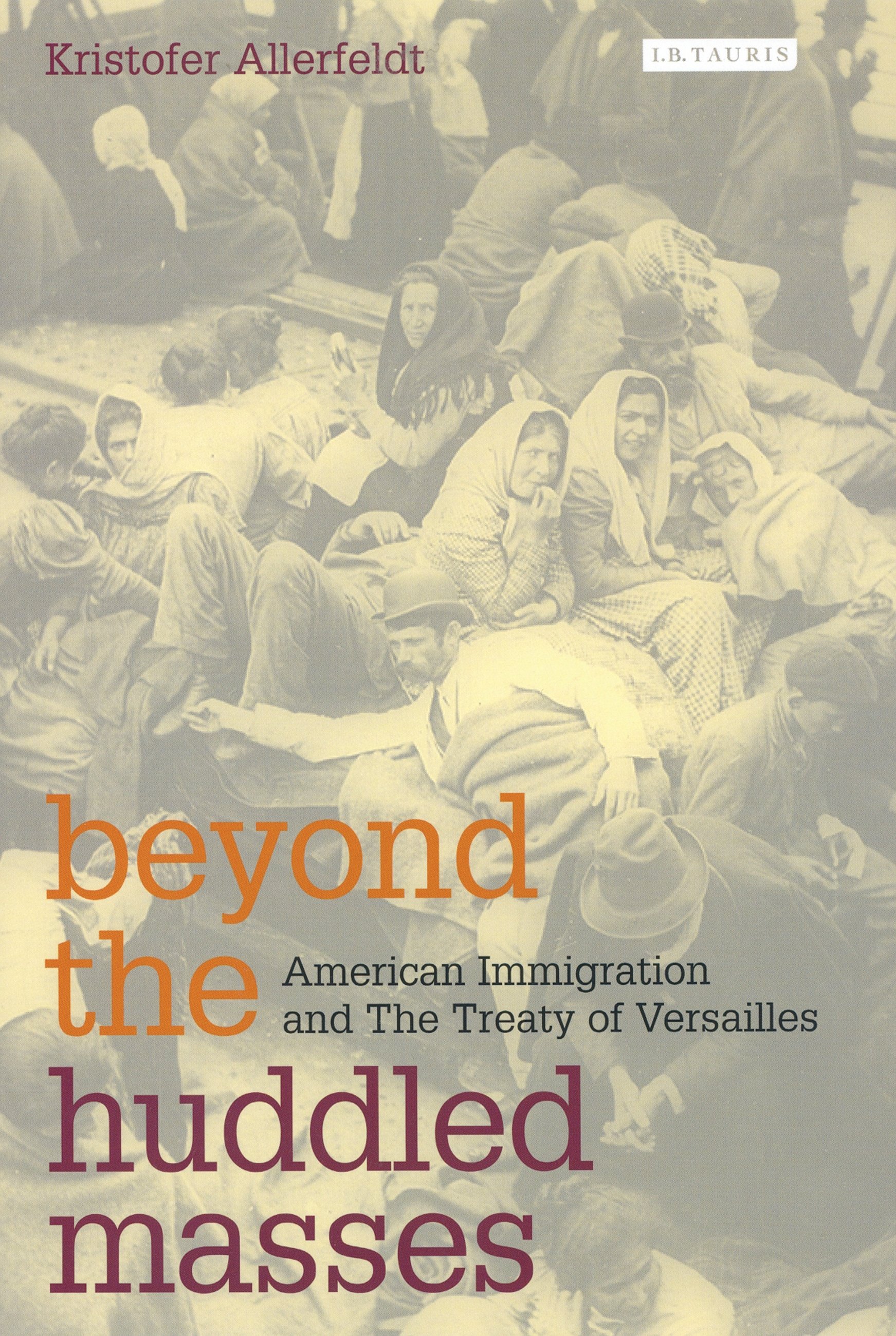Beyond the Huddled Masses
Beyond the Huddled Masses
How did American isolationism after the Treaty of Versailles work to shape American identity? Why did the United States – the “world's asylum”, the “nation of immigrants” – pass legislation establishing quotas for immigrants based simply ...
Read more
How did American isolationism after the Treaty of Versailles work to shape American identity? Why did the United States – the “world's asylum”, the “nation of immigrants” – pass legislation establishing quotas for immigrants based simply on their supposed racial suitability to become the “Americans” of the future? Beyond the Huddled Masses is a vivid look at the connection between the results of the Paris Peace Conference and the Immigration Acts of 1921 and 1924. Kristofer Allerfeldt brings new insight to the human history behind the immigration acts, arguing that the divisions created by the peace process swayed American popular and political opinion against its previous open door policy. Investigating themes of radicalism, racism and nationalism, he argues that Wilson's policies in Paris and his attempts to win American support for them made the xenophobia and tribalism of the 1920s inevitable. The attempt to foist idealistic interventionism on a nation reeling from war, riven by strikes, terrorised by bomb-throwing radicals and anticipating a huge upsurge in immigration, was bound to provoke an isolationist backlash against those foreigners held responsible for these assaults on American values. Beyond the Huddled Masses examines some of the most dynamic forces in American history and identity. Kristofer Allerfeldt uncovers the human forces that shaped the immigration acts to provide an important new perspective on the early twentieth century relations of America and Europe.
Less
